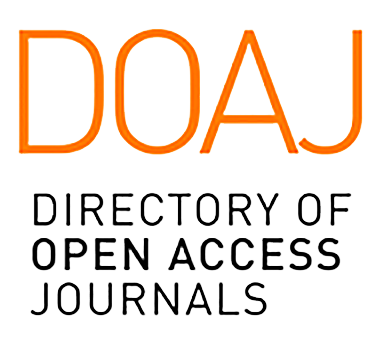2790-9441






MLA International Bibliography
MLA Directory of Periodicals
ProQuest
CrossRef
Google Scholar
Gale-Cengage
ROAD
Run Netra
Saing Sochenda
Ny Ratha
Cheang Channak
National Institute of Education, Ministry of Education, Youth and Sport, Cambodia
Abstract
This paper examined the positive impacts and challenges of the school-based management implementation of the New Generation Schools and Resource Schools in Cambodia. Six upper secondary schools, including 3 New Generation Schools and 3 Resource Schools, were purposively selected from three different provinces in Cambodia. 272 teachers (97 females and 175 males) were randomly selected to fill in the paperbased questionnaire and 6 school principals were asked for the semi-structured interviews. The findings showed that the positive impacts of school-based management included school autonomy, accountability, good management structure, and stakeholder involvement. The school-based management provided the school with fruitful results on student enrolment, desired promotion rate and low drop-out, curriculum details, lesson plans, teaching materials, and school administrative processes. It connected the school to the parents, community, and stakeholders with higher attention to student’s learning progress and result. On the other hand, the school faced challenges of low teacher encouragement, less meaningful inspection of the District and Provincial Department of Education, fewer workshops for teacher professional development, and limited financial support.
Keywords
School-based management, new generation school, resource school